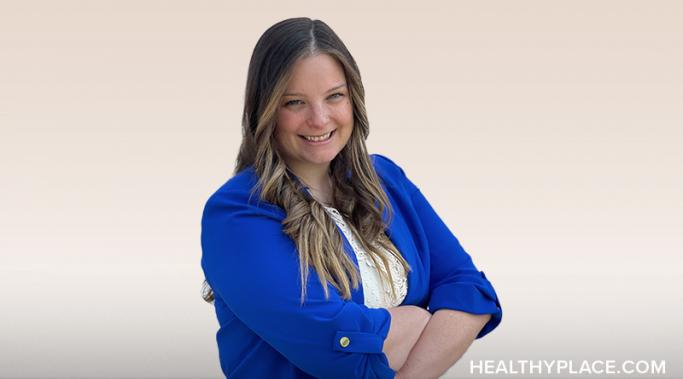Blogs
I'm Michaela Jarvis, and I’m excited to join the "Recovering from Mental Illness" blog to share the stories and experiences I’ve faced on my road to mental illness recovery. This road has been bumpy, often embarrassing, guilt-ridden, and isolating, but it has led me to where I am today. Along the way, I've rebuilt my life and have garnered insights and experiences that I believe can help others on similar journeys. My ultimate goal is to share these experiences, honest and raw, to make things less lonely and more bearable for anyone who might be feeling what I've felt and been where I've been.
I’m Kevin Anyango, and I’m very excited to share my gambling addiction recovery journey on the "Recovering from Mental Illness" blog to help myself, and others stay on the straight and narrow. Five years ago, I hit rock bottom; I had no money, no place to stay, no job, and every little I made went to gambling. Alone, starving, and sleeping on the streets, I took a good hard look at myself and decided it was time for a change.
Over time, I learned that Alcoholics Anonymous (AA) wasn't for me. To say my initial response to the concept of AA meetings was poor would be an understatement. I recall being in my first rehab, joining the chorus of naysayers with some choice words. However, this would all change when I could no longer keep telling myself I was in control of my drinking.
Like everyone else, I sometimes feel bored with my life. Boredom is a derivative of expectations that haven't been met; when I'm bored, it's because I feel like I'm not living the life I ought to be. This can be true in the micro-sense of being bored at work or in the macro-sense of being bored with a career trajectory itself, to name just two examples. If not your job, you might be bored with your family, partner, living environment, or any number of other things, up to and including yourself. But did you know that boredom and attention are linked?
In a previous article, I wrote about feeling anxious about starting my first session with a personal trainer. But now that I am two months into the program, I have to admit there are many clear benefits to working with a certified professional who knows much more about fitness and nutrition than I do. It has been a challenge, but under her instruction, I am slowly learning how to create a balanced relationship with exercise. I can even see myself building stamina, resilience, strength, and athleticism. Here are some of the lessons from personal training that also help me out in ED recovery.
I'm Karen Mae Vister, and I'm overjoyed to be the new author of "More than Borderline." Living with borderline personality disorder (BPD) hasn't been a walk in the park for me. Out of the BPD criteria, I've experienced my fair share of chronic emptiness, emotional roller coasters, and desperate efforts to avoid feeling abandoned. But this blog isn't about dwelling on the struggles; it's about shining a light on the path to recovery and breaking down the stigma surrounding BPD.
This Pride month, I'm recommending my favorite lesbian, gay, bisexual, transgender, queer, plus (LGBTQ+), coming-of-age love story. "Classmates," also known as "Doukyusei," by Asumiko Nakamura is about two high school boys who fall in love for the first time. The manga and its anime adaptation will leave your spine tingling and your stomach aflutter.
Schizophrenia and addiction seem intertwined for me. I don't know if I am more prone to addiction because of my mental illnesses, but it seems like it. For years I smoked cigarettes, and I believe they were masking my more problematic symptoms and emotions or that smoking was a coping mechanism for the symptoms, which were increasing the older I got. I didn't have my first episode of psychosis until my late twenties. Still, before that, I dealt with anxiety, often staying up late into the night, going over every detail of every conversation I had earlier in the day -- constantly worrying that I said or did the wrong thing.
I always thought my depression might be inherited because both my parents have experienced it. But we all shared the same house, town, financial situation, and social network when I was growing up, so I wondered if it was more a product of our environment than our genes. As it turns out, both are correct. Experts think depression is about 50 percent inherited and 50 percent other factors.
My name is Ashley Miller, and I am excited to join the "Work and Bipolar or Depression" blog at HealthyPlace. I was diagnosed with bipolar disorder in my early twenties, and although it has affected my life in many ways, I am much more than this diagnosis.









